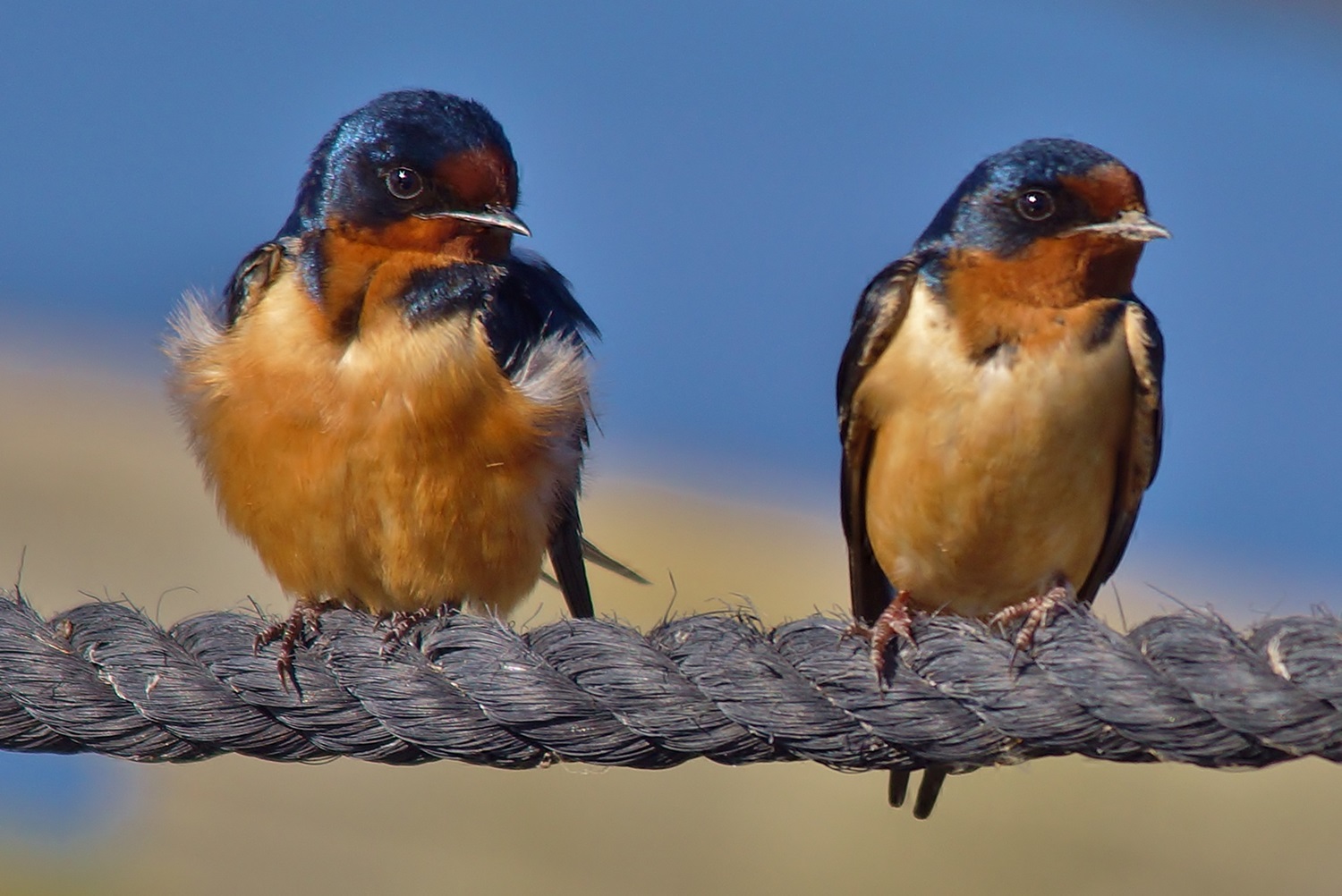Tyrant flycatchers (family Tyrannidae) are a large, diverse bird family present in the Americas. The name flycatcher also refers to some members of the family Muscicapidae and a few other birds.

Description
Tyrannidae range from robin to warbler-size. Many are dull olive green, though some are strikingly coloured. All feed by capturing a flying insect and returning to a perch to eat it. They are the only representatives in Canada of the suboscine perching birds (i.e., those without true songs), and their loud, abrupt calls are the easiest means of distinguishing many species in the field.

Species in Canada
Of the 539 known species of Tyrannidae, 18 regularly breed in Canada (12 called flycatchers, two kingbirds, two pewees and two phoebes); 12 others stray here. Canadian Tyrannidae are present May-September, when insects are available.
The great crested flycatcher (Myiarchus crinitus) of eastern broad-leaved woodlands and olive-sided flycatcher (Contopus borealis) of coniferous forests across Canada are large compared with species of the genus Empidonax.
The yellow-bellied flycatcher (Empidonax flaviventris) of northern spruce forests, the least flycatcher (E. minimus) of broad-leaved stands, and the alder flycatcher (E. alnorum) of alder and willow thickets are widespread from Newfoundland to the Yukon. Five others (E. oberholseri, E. hammondii, E. wrightii, E. occidentalis and E. difficilis) occur only in the West, and two southern species (E. virescens, E. traillii) breed only a short distance north of the U.S. border.
The kingbirds are large, pugnacious flycatchers. Eastern kingbirds (Tyrannus tyrannus) breed from the Northwest Territories to Nova Scotia; western kingbirds (T. verticalis) are found in the southern prairies and southern British Columbia.
Pewees are a little larger than Empidonax flycatchers. Eastern wood pewees (Contopus virens) breed in southern Canada from Manitoba to Nova Scotia. Western wood pewees (C. sordidulus) are found from southwest Manitoba to southern Yukon, including coastal B.C.
Phoebes are bluebird-sized. Eastern phoebes (Sayornis phoebe) are found from the southeastern Yukon across southern Ontario and southwestern Quebec to New Brunswick. Say's phoebe (S. saya) breeds in the Northwest Territories, Yukon, BC, Alberta and southern Saskatchewan.

Status and Threats
A few species of tyrant flycatchers are at risk in Canada. Notably, the Canadian Species at Risk Act (SARA) recognizes the Acadian Flycatcher as Endangered, the Olive-sided flycatcher as Special Concern, and the Eastern Wood-Pewee as Special Concern. The IUCN Red List has also listed the Olive-Sided Flycatcher as Near Threatened. The decreasing numbers of these species are primarily attributed to habitat loss, as much of the woodlands they inhabit (especially in southern Ontario) have been logged for development, industry or other human activities. Reduced numbers of insects to feed on due to the widespread use of pesticides and insecticides in these areas may also be a factor.


 Share on Facebook
Share on Facebook Share on X
Share on X Share by Email
Share by Email Share on Google Classroom
Share on Google Classroom







